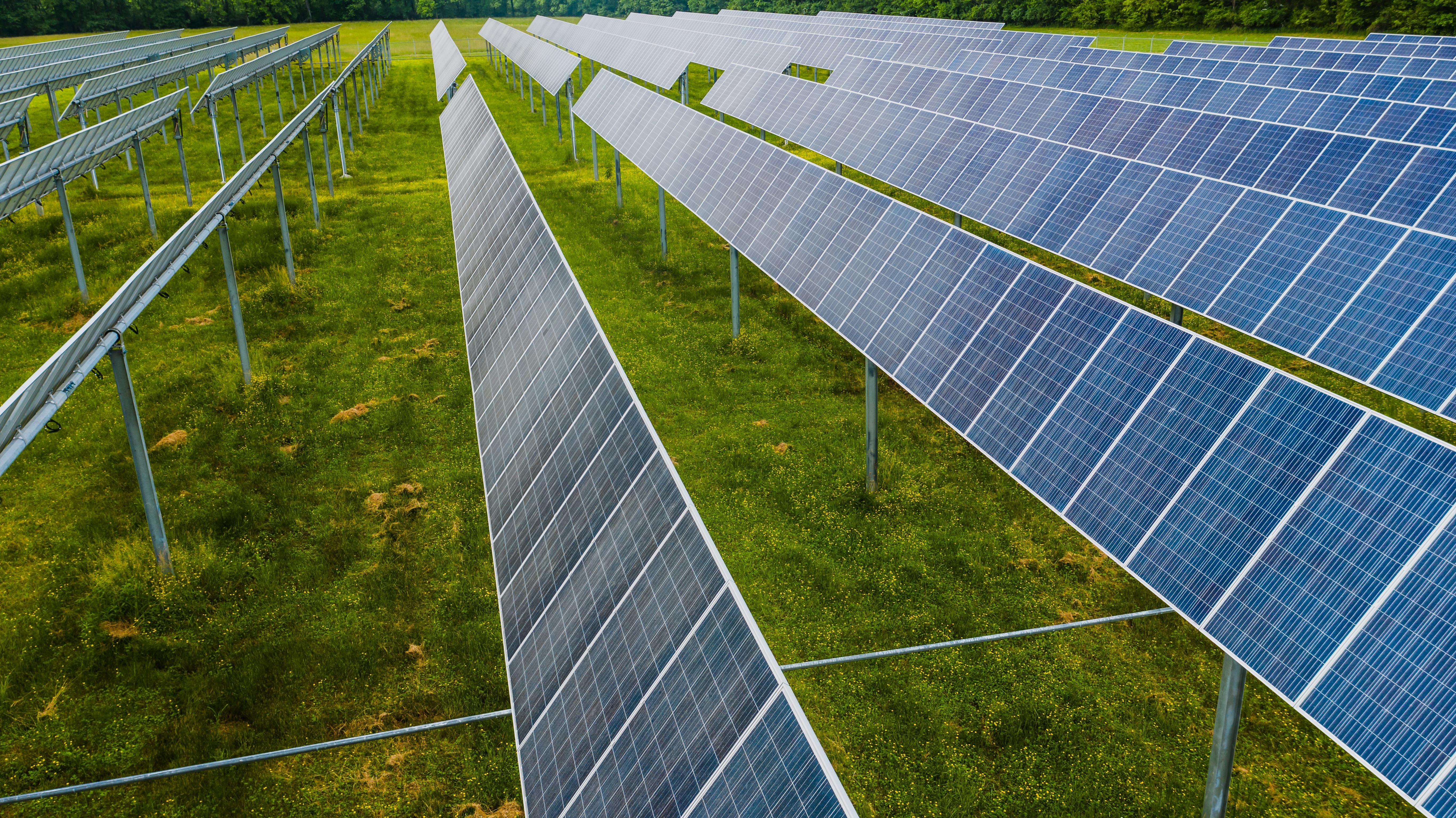
Introduction: The Sunnier Side of Energy
Solar energy, over the past few years, has grown exponentially in popularity not only because of its sustainability but also due to increasing awareness about its economic benefits. This article explores the worth and potential return on investment (ROI) for homeowners in the United Kingdom who aim to harness the energy of the sun through photovoltaic solar panels.
Understanding Solar Power and Its Technologies
Solar power is the harnessing of the sun's energy and converting it into electricity for various uses. The technology deployed in its utilisation, namely solar panels, have significantly improved in efficiency and cost-effectiveness over the years. In the United Kingdom, the type of solar panels predominantly used is the photovoltaic (PV) solar panels.
PV solar panels consist of several cells containing a photovoltaic material that converts solar radiation into direct current electricity. This technology is not only solely used for large scale production of electricity but is also very suitable for small scale applications like residential solar panels.
Prices and Installation Costs of Solar Panels
The cost of installing a solar energy system primarily depends on the number of solar panels needed, which itself is determined by the amount of sunlight the location receives and the household's energy consumption patterns. In the UK, the average home needs a 3.5 kWp solar panel system, costing around £4,800-£6,200, inclusive of VAT.
When unhindered by shading, positioning direction, or any factors that might affect efficiency, a 3.5 kWp system is enough to cover all electricity needs of a typical UK household. While the initial capital may seem heavy, solar panel systems are a long-term investment that can provide significant savings over their lifespan of approximately 25 years.
The Savings and Financial Benefits of Solar Panels
According to the cited Energy Saving Trust report, installing a solar PV system not only helps in slashing electricity bills but also provides the opportunity to earn from the surplus power generated. A 3.5 kWp system in the south of the UK can save around £95-£220 per year if 50% of the electricity generated is used within the household itself. On top of that, homeowners can sell the excess energy back to the grid through the Smart Export Guarantee (SEG), which can lead to further income generation of around £90 per year.
ROI of Solar Panels: A Green Investment Worth Considering
When calculating the return on investment, a homeowner must consider not only the potential savings on the electricity bill and SEG income but also government schemes, like the abolished Feed-In Tariff scheme which was replaced by SEG, the lower VAT rate on solar panels, and increase in property values due to solar panel installation.
Adding the conservative estimate of annual savings (£95 to £220), SEG earnings (around £90), and assuming a percentage increase in property value, a homeowner can expect to recoup the initial investment in approximately 10-20 years. After the payback period, continuing savings and earnings provide a positive ROI, with estimations reaching as high as £6,000 to £8,000 over 20 years.
Environmental ROI: Beyond Financial Gains
While the financial gains from solar energy are compelling, the environmental impact is equally, if not more, substantial. A typical UK household using a 3.5 kWp solar panel system can significantly reduce CO2 emissions, contributing towards reducing global warming and creating a cleaner, safer environment.
Conclusion: Embracing Solar Power in the UK
The up-front costs of installing solar panels may seem daunting, but the long-term financial and environmental returns paint a sunnier picture. Current estimates peg the potential net gain at around £6,000 to £8,000 over 20 years, not including the uplift in property value. At the same time, it contributes significantly to reducing carbon emissions, providing an environmental ROI that is invaluable. Investment in solar panels is an investment in a sustainable future and a move towards energy independence for homeowners in the UK.